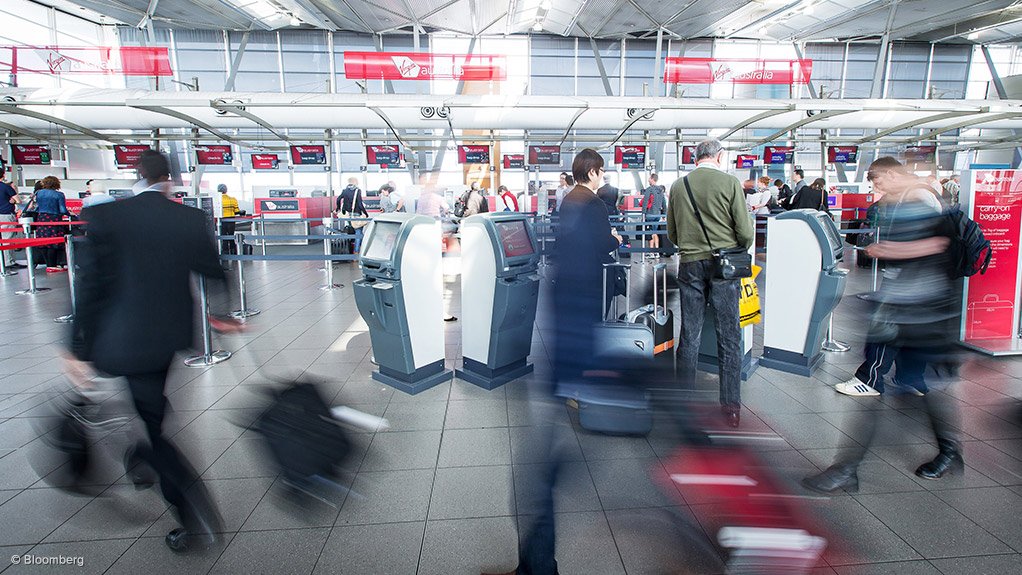International Air Transport Association (Iata) VP Africa Raphael Kuuchi has highlighted that the World Health Organisation (WHO) has said that restrictions on air travel to those West African countries currently suffering from a most serious outbreak of Ebola fever are not required. He was speaking at the Iata Africa Regional Conference in Sandton, north of Johannesburg, on Monday.
"Iata is liaising closely with the World Health Organisation, which is taking the lead in tackling the disease," he stated. "The WHO has repeatedly stated that travel restrictions are unnecessary. The World Health Organisation regards air travel as low risk."
"Ebola is a terrible disease, but it is difficult to contract," he noted. "The aviation industry is taking all precautions. The WHO is best placed to give authoritative, independent, advice on the disease."
Turning his attention to wider aviation issues, Kuuchi pointed out that aviation was the safest form of transport, carrying three-billion people a year. But 2014 had been a difficult year, with the disappearance of flight MH370 and the shooting down of flight MH17 (both, coincidentally, belonging to Malaysia Airlines).
"The disappearance of a large airliner is unprecedented in modern aviation history," he affirmed, "and it must not happen again." Iata had drawn up recommendations which it would present to the International Civil Aviation Organisation (Icao) next month.
"The shooting down of MH17 was an attack on the entire aviation industry," he asserted. Iata had called on Icao to develop "fail safe" communication channels to supply urgent information to the industry. Iata would also like changes in international law governing the deployment and use of air defence systems.
"Africa itself faces a significant safety challenge," said Kuuchi. "There have been improvements. But we cannot take the recent improvement trend for granted." There needed to be continued determination and commitment to safety from African governments and airlines.
Last year, Western-built jet airliner hull loss in Africa came to 2.03, down significantly from a figure of 4.55. This represented an improvement of 55.4%. The accident rate for all aircraft improved by almost 50%. "Airlines on the IOSA [Iata Operational Safety Audit] registry are performing almost seven times better than airlines not on IOSA in Africa," he stressed.
EMAIL THIS ARTICLE SAVE THIS ARTICLE
To subscribe email subscriptions@creamermedia.co.za or click here
To advertise email advertising@creamermedia.co.za or click here











